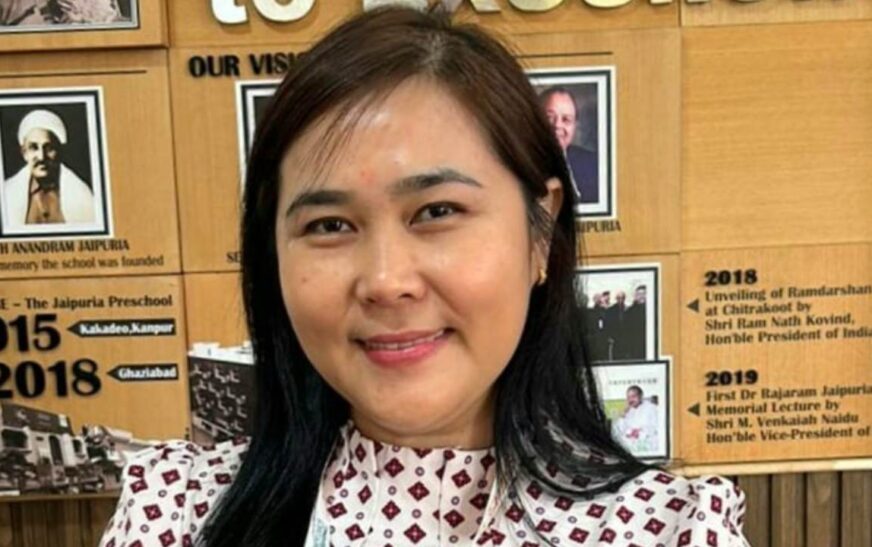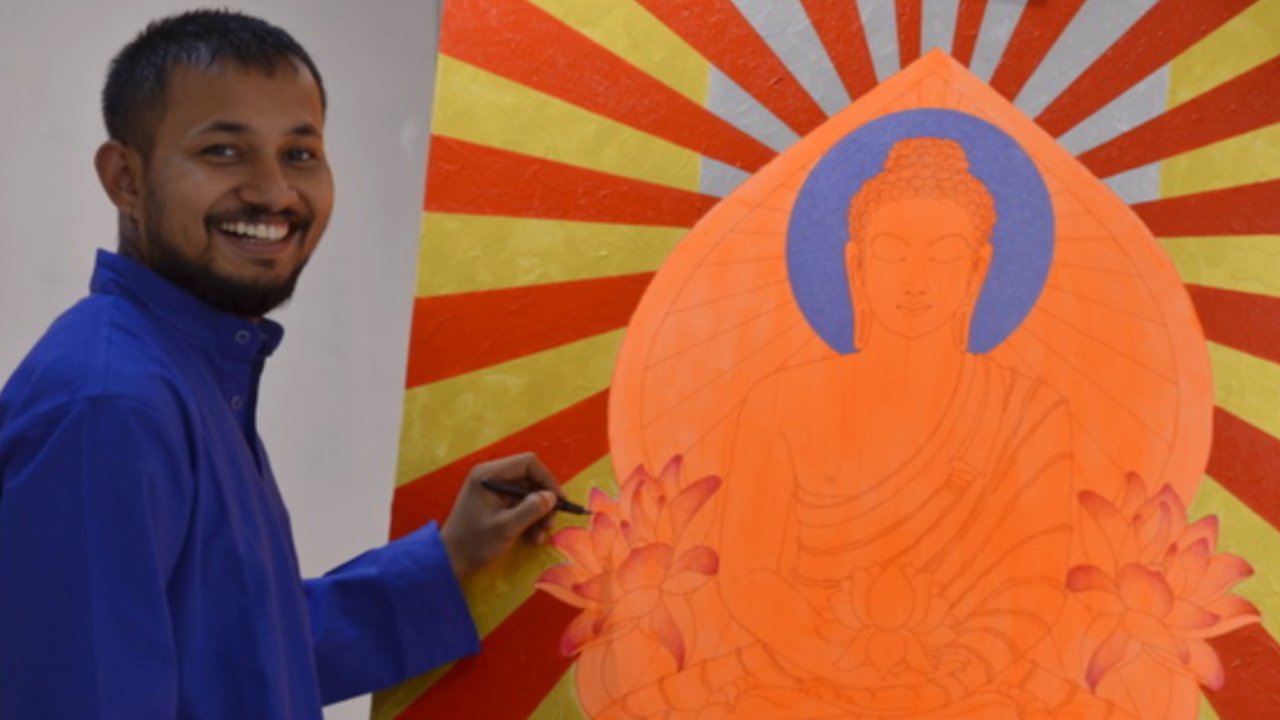Artificial intelligence is set to transform the tourism industry, delivering hyper-personalized, seamless, and immersive travel experiences. From trip planning to post-travel engagement, AI will enhance every stage of a traveller’s journey, making it more intuitive, efficient, and tailored to individual preferences.
Intelligent chatbots and virtual assistants will replace traditional travel agents, offering real-time, customized itinerary suggestions. AI-powered recommendation engines will analyse vast datasets—user behaviour, reviews, and local trends—to curate unique travel experiences. At the same time, predictive analytics will empower airlines, hotels, and tour operators to optimize pricing, manage availability, and forecast demand with precision. This shift will drive cost efficiency and smarter resource allocation across the sector.
In hospitality, AI-driven automation will redefine customer service. Smart rooms equipped with voice-activated assistants, facial recognition for seamless check-ins, and robotic concierges will elevate convenience to unprecedented levels. AI will also enhance security by enabling real-time threat detection and efficient crowd management in high-traffic destinations.
For travellers, AI-powered augmented reality (AR) and virtual reality (VR) will bring destinations to life before they even set foot there, deepening cultural understanding and engagement. Meanwhile, advanced language translation tools will dissolve communication barriers, making global travel more accessible and inclusive.
Ultimately, AI will shift tourism from a rigid, one-size-fits-all model to a dynamic, data-driven ecosystem that anticipates and fulfils travellers’ needs in real time. The result? Journeys that are more personalized, efficient, and unforgettable.
In an exclusive conversation with The Interview World at the International Conference on Empowering Future, organized by Jaipuria School of Business, Dr. Ida Anak Ingko, Assistant Professor and Head of Research & Postgraduate Studies at UCSI University’s Faculty of Hospitality and Tourism Management, offers compelling insights into the post-COVID business landscape. She highlights the critical role of skill development in the digital age, discusses her university’s global exchange programs, and explores AI’s profound impact on tourism. She also underscores how AI is reshaping convenience and enriching the travel experience. Here are the key takeaways from her thought-provoking discussion.
Q: How has the business landscape evolved in the post-COVID era, and what key transformations are shaping the education sector today?
A: Digitization has revolutionized education, making learning more accessible and adaptable. During the COVID-19 pandemic, virtual platforms played a crucial role in ensuring uninterrupted education. Institutions swiftly transitioned to online classes, enabling students to continue their studies remotely. Even after the pandemic, digital learning remained integral, prompting us to embed it within our syllabus in Malaysia.
Recognizing its benefits, we further expanded our curriculum to incorporate direct online learning, offering students greater flexibility and engagement. To support this shift, the government introduced guidelines allowing institutions to implement a hybrid model, with either 30% or 50% of coursework conducted online. This progressive approach balances traditional classroom instruction with digital advancements, enhancing the overall learning experience while maintaining academic rigor.
Q: Are online classes still being conducted, or has your university fully transitioned back to in-person learning?
A: Institutions now have the flexibility to choose between 30% or 50% online learning, depending on their needs. However, implementing this requires a thorough syllabus revamp. We must clearly define the online learning component within the curriculum. For instance, if a course consists of 14 chapters, we need to specify which chapters will constitute the 30% online portion. This structured approach ensures a seamless transition while maintaining academic integrity.
Q: With the increasing importance of skills in the digital era, what are your insights and recommendations for effective skill development?
A: Strong communication skills are fundamental to success in any academic discipline or professional field. Regardless of faculty or program, students must learn to express their ideas clearly, confidently, and persuasively. Effective communication fosters collaboration, critical thinking, and leadership—key qualities in today’s competitive world. By honing these skills, students can engage in meaningful discussions, present their perspectives with clarity, and navigate diverse professional environments with ease, ultimately enhancing both their academic and career prospects.
Q: Does your institution collaborate with other universities or organizations through exchange programs or academic partnerships?
A: We actively facilitate student mobility programs, particularly in collaboration with institutions like Jaipuria Business School. These initiatives encourage students to visit our campus and immerse themselves in a structured academic and cultural exchange. In 2022, we hosted three student groups who spent a week with us. Their visit included a curated blend of lectures and guided tours to key attractions, ensuring a well-rounded experience. Our exchange focuses on our respective areas of expertise—while Jaipuria specializes in business, we enrich their learning by integrating tourism elements into our academic sessions, creating a dynamic and interdisciplinary knowledge-sharing platform.
Q: How do you see AI transforming the tourism industry, and what key innovations are driving this revolution?
A: AI is revolutionizing the tourism industry, reshaping how travellers engage with services. My research, which I am presenting today, explores the key factors driving this transformation by harnessing AI’s full potential. One major shift is the growing influence of AI chatbots on tourist behaviour. Instead of interacting with human staff, travellers increasingly rely on AI-driven assistants for inquiries and bookings. Airlines like AirAsia have already adopted this technology, streamlining customer interactions. My paper highlights the critical role of AI chatbots in enhancing the travel experience, addressing the need for instant engagement, seamless information access, and efficient booking processes.
Q: Will AI enhance convenience for travellers, and how is it reshaping the tourism experience?
A: AI can significantly enhance convenience, but its adoption depends on awareness and user confidence. When people understand how to use AI effectively, they find it intuitive and beneficial. However, concerns over data security and privacy risks can create hesitation. If travellers feel uncertain about the safety of their personal information, they may resist using AI-driven booking systems. To drive adoption in the travel industry, companies must prioritize robust security measures and transparent policies, ensuring users trust AI as a safe and reliable tool.









